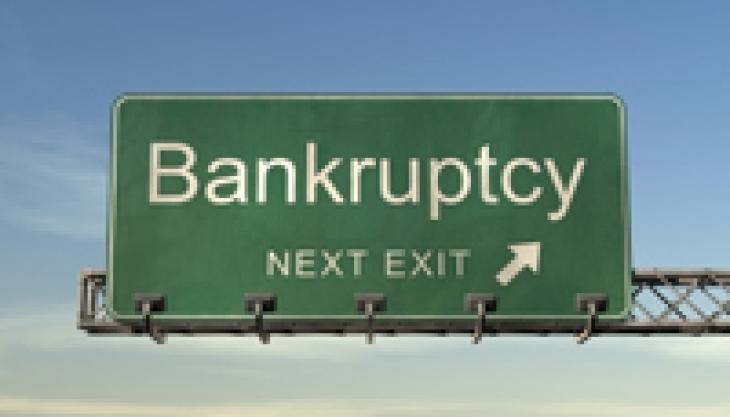A recent bankruptcy filing by San Bernardino, California, follows in the footsteps of major Chapter 9 filings from other California cities like Vallejo, Mammoth Lakes and Stockton, and stands as a stark example of the financial stress faced by municipalities in states all across the county.
And it may be a sign of darker days to come in the Golden State.
As Reuters reported this month, “The filings have many in the municipal debt field expecting other financially distressed municipalities in California to consider bankruptcy…”.
But what does this continued bankruptcy trend mean for average Americans like you facing the insecurities of financial insolvency? Is your financial situation so different from Stockton or San Bernadino?
One might take a lesson from once-booming localities turning to the safe havens of bankruptcy that a similar personal filing (through Chapter 7 or 11 of the Federal Bankruptcy Code) could provide a palatable “last-chance” solution an array of financial troubles.
Unrelenting Housing Harms
The real estate reckoning of recent years may have wreaked havoc on your budget just as it did for cities and towns nationwide, justifying your own filing.
As economist Jed Kolko wrote in Forbes last month on the trend of cities filing for bankruptcy across the country, these municipalities, like so many individuals in them, fell victim to the homes around them. Kolko wrote: “The housing crisis played a supporting role: lower prices led to lower property tax revenues, which many cities depend on for revenue.”
But cities aren’t alone in being hurt by the housing crisis. Mortgages rates rose during the Great Recession, forcing many people just like you into foreclosure, the personal health of those impacted went on the decline, as the real estate reckoning wrought a wave of underwater homeowners with little to no equity to rely on to keep from drowning in debt.
Where’s the Revenue?
As Kolko wrote, “other revenues that many cities depend on, like sales taxes, fell too. Most importantly, pensions and other long-term financial obligations have increased, stressing city budgets.”
Much like a city budget, many a family’s budget was busted in the wake of persistent unemployment and underemployment. In addition to the millions of people who are consistently unemployed in this country to date, millions more are underemployed and still searching for better paying or full-time jobs. Even more have given up looking altogether. As a result, tens of millions of Americans, like the municipalities they live in, are suffering from their own revenue shortages, necessitating a bankruptcy filing to provide a viable solution to their dire financial straits.
The Intangibles
But un/underemployment and real estate woes aren’t the only factors forestalling a city or individual’s financial future. As Kolko wrote, “Random factors trigger city bankruptcies, as well: Mammoth Lakes, CA, and Boise County, ID, filed for bankruptcy after losing big lawsuits, and Orange County, CA was pushed over the cliff in 1994 by risky investments.”
Similarly, random, and often unexpected scenarios cause individuals to need the safety net of a bankruptcy solution, including a medical emergency—one of the number one causes for individual filings. Even amid surging unemployment, falling consumer confidence and a lingering national housing crisis, health care expenses have quickly become the primary budget buster for millions of beleaguered Americans. According to a recent Harvard study, medical bills played a role in 62% of personal bankruptcies filed in 2007, up 7% from 2001. Shockingly, 78% of these filers actually had health insurance.
So, if you’re facing city-sized debt, the bankruptcy professionals at the Law Offices of John T. Orcutt offer a totally FREE debt consultation and now, more than ever, it’s time to take them up on their offer. Just call toll free to +1-833-627-0115, or make your own appointment right online at
www.billsbills.com.
Sources:







